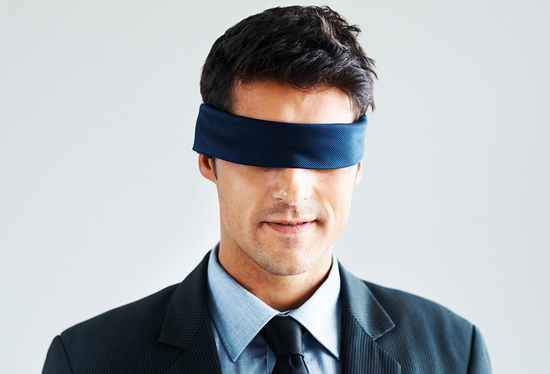He had crossed the line. Professor Timothy Messner-Kruse is an expert in American labor history. Dr. Messner-Kruse was attempting to edit an errant post on the internet website Wikipedia. Wikipedia is known for its active knowledge base—people who know about a subject can make changes to entries on its pages. In this particular instance, the professor had just written a book about his field of expertise. He noticed a misleading statement and proceeded to alter the wording to fit the facts. Timothy Messner-Kruse retells what happened next in The Chronicle of Higher Education:
I tried to edit the page again. Within 10 seconds I was informed that my citations to the primary documents were insufficient. Wikipedia requires its contributors to rely on secondary sources, or, as my critic informed me, “published books.” Another editor cheerfully tutored me in what this means: “Wikipedia is not ‘truth,’ Wikipedia is ‘verifiability’ of reliable sources. If most secondary sources which are taken as reliable happen to repeat a flawed account or description of something, Wikipedia will echo that.
Think about what we just read: “Wikipedia is not ‘truth’” and Wikipedia “repeats flawed accounts based on reliable sources.” I must say, as an academic, these statements take my breath away. First, I must stand with Professor Messner-Kruse whose research should be heard on a website supposedly dedicated to trusted information. Secondly, I want to reclaim the word ‘truth’ as a term for trustworthy. Third, and most important, I am shocked that I am asked to trust faulty information simply because it is repeated by others.
When we were kids, remember what our elders would say if we blindly followed what someone else was doing? Our parents would mockingly ask, “If Johnny told you to jump off the bridge, would you do that too?” The same mocking question could be asked of any person, group, or website which asks us to trust them. Should we blindly follow information just because someone else tells me it’s true? Thankfully the professor could tell his story to correct the facts. Protecting the words truth, reliability, and trust are important not only in academics, but in all of life.
Throughout my 30 years as a biblical educator, my students have heard me incessantly repeat this statement: “I don’t want you to believe anything I tell you. Go back to Scripture to see if what I’m saying is true.” It is important for me as a professor to tell my students that trusting my words is not sufficient evidence for trusting the Bible. In fact, I still go on to say to my students, “If someone asks you to follow their words without question, I would seek someone else to listen to.” You see, the words truth and trust should go hand in hand. For Moody Radio, this is Dr. Mark Eckel, personally seeking truth wherever it’s found.
Mark believes the phrase ‘academic freedom’ also means ‘academic responsibility’ both for the author and the publisher. This post will be aired on Moody Radio sometime April-June 2012.

